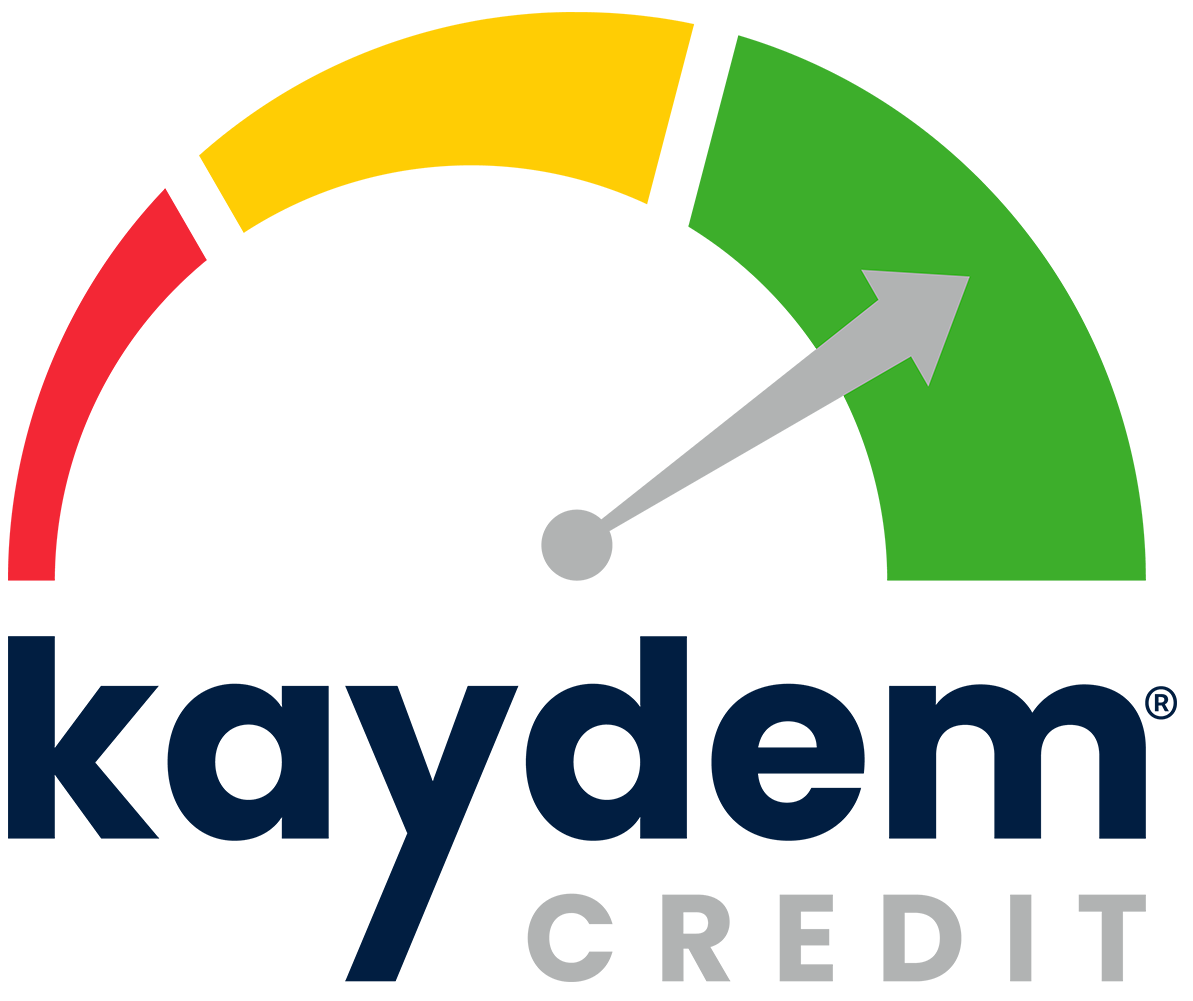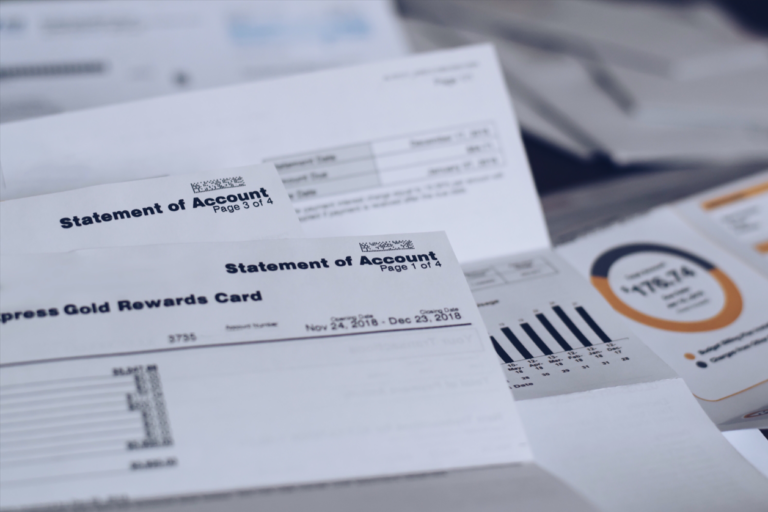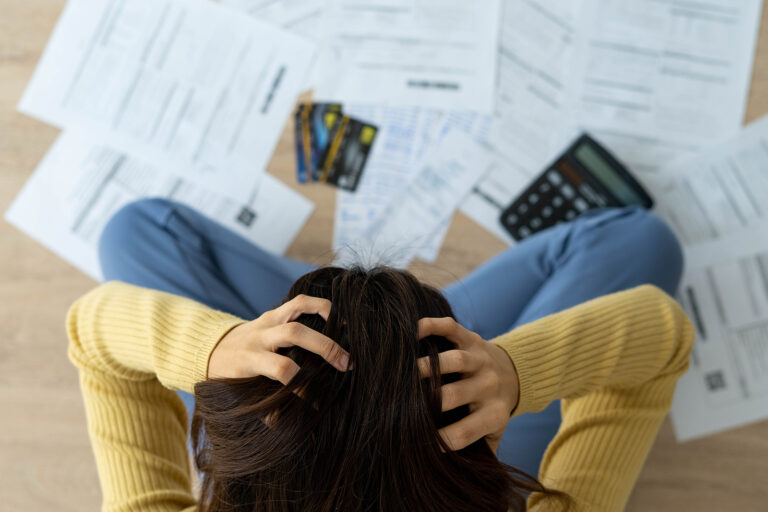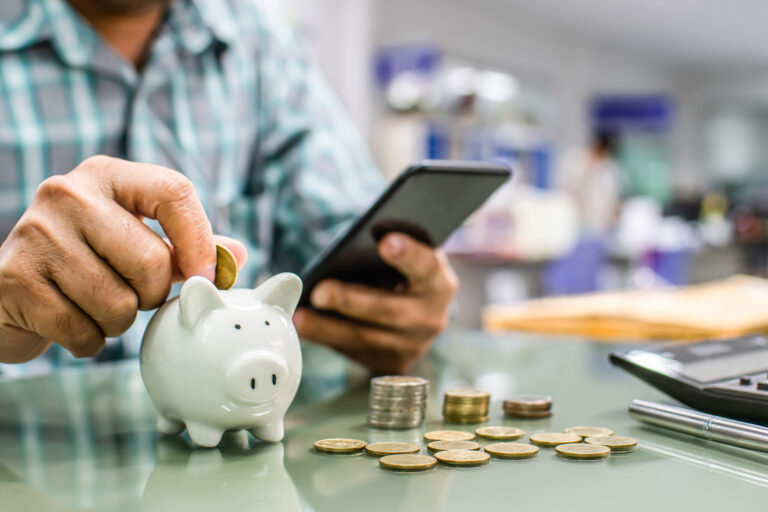We all know we should follow a financial plan, but we rarely truly stick to one. There are certain cases, such as running a business, where we must have a budget and know our income and expenses for general analysis and tax season. However, it is a personal budget that often becomes neglected. Understanding what you need to set aside each month for various expenses is imperative. Read on for four tips for keeping track of your personal budget.
How to Keep Track of Your Budget
- First, organize and categorize all expenses. Yes, all expenses. Write down your general monthly expenses, such as your rent or mortgage, car insurance, phone bill, and utilities. Then, consider the amount you typically spend on food and groceries, gasoline, and other necessities – and make sure to budget considering the higher end of the average amount spent rather than the lower end. Comb through your bank statements and note every recurring payment and subscription, such as your music and television streaming services, digital storage fees, and memberships. Once you have the final number you need to set aside for all of those expenses, consider that you will need to add more to your budget for fun, special occasions, and surprise necessities and emergencies (such as car maintenance or doctor visits). Calculate the amount needed and categorize your expenses to begin the process of easily tracking your budget.
- Utilize digital applications on your phone and computer. Once you know your expenses and budget, you must implement them. There are a vast array of applications you can download onto your phone and have at the palm of your hand at all times. Additionally, some people opt for the tried-and-true Excel spreadsheet-style budget. In any case, having your budget available digitally can offer a great way to check in on your current financial status frequently – and many apps allow you to set alarms as reminders. Plus, the most significant benefit of having a programmed budget is that your total expenses and the amount left should calculate for you automatically with each purchase – whether it is tracked straight from your bank account or added in manually.
- Are you looking for something old-school? Get a physical budget tracker. If you find yourself unable to keep up with digital apps and long for a physical book in your hands, you can take advantage of plenty of options. Go to any local office supplies store and find pre-formatted budget planners. Additionally, Etsy has a variety of downloadable planners that can be ordered or printed and placed into a binder. And if you are feeling particularly artsy and don’t have a large budget (pun intended) for a planner, you can always purchase an inexpensive notebook and create it in your style.
- Say “yes” to receipts. “Would you like a receipt?” For most, the answer tends to change depending on no set reasoning – but your response should always be “yes, please” moving forward. For big and small purchases, keeping receipts is extremely helpful for knowing how much you are spending and serves as a physical reminder of where your money is going. Keep a folder full of receipts, which helps determine which expenses should stay or go and helps when taxes are due.
Keeping track of your budget simply requires doing what works for you. You can read all the financial advice available, but if it does not conveniently aid your lifestyle, it’s significantly harder to stick to. Whether you wish to go all out with a systematic budget with pie charts and automated calculations or relate more to a sticky note and calculator setup, start keeping track of your budget by creating a budget that works for you.







